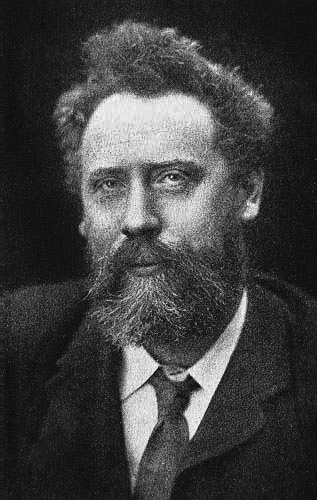“Soy el amo de mi destino;
soy el capitán de mi alma.”
I am the master of my fate,<br>I am the captain of my soul.
Fuente: Página en el sitio Poetry Foundation https://www.poetryfoundation.org/poems/51642/invictus
Fuente: Invictus (1888).
